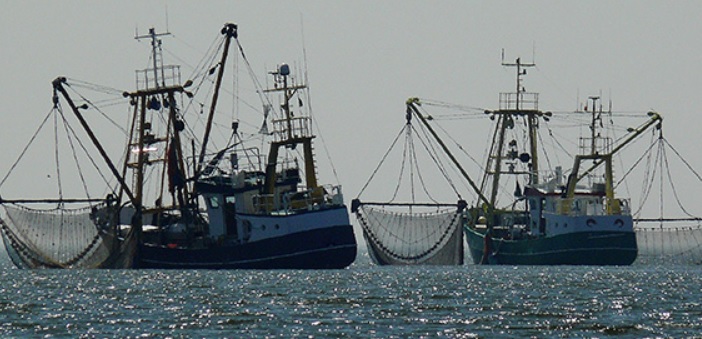A new public web portal seeks to help policymakers and fishery managers to better understand the activities of vessels that take on catch from commercial fishing vessels and deliver it to ports worldwide for processing.
Current monitoring and regulatory controls over transshipments at sea are inadequate, as there are few guarantees that all transfers are being reported and observed. When transshipment takes place on the high seas, outside the view and reach of authorities, it is hard for them to verify that the amount and type of fish product transferred is lawful and sustainable.
As such, launched by NGOs Global Fishing Watch and The Pew Charitable Trusts, the portal will show users the breadth of transshipment activity worldwide to raise awareness among fish suppliers and consumers and improve the transparency of this practice.
In particular, the first-of-its-kind portal uses satellite technology, machine learning, and up-to-date vessel authorization databases to give users consolidated information on carrier vessels’ activities, allowing them to analyze vessel tracks and see which ports the vessels frequent.
We are combining data from various sources and applying machine learning techniques in order to shine a light on what has, historically, been an opaque practice. The public portal makes transshipment data easily accessible and will help bring much-needed transparency to global transshipment activities,
…said Tony Long, CEO of Global Fishing Watch.
By using the portal, fishery managers can improve how they monitor and regulate this vital part of the seafood supply chain, helping to ensure the long-term sustainability of the fisheries they oversee.
This portal will enable managers to verify transshipment activities, helping to reduce opportunities for unauthorized transfers of fish product and identify when such activity is not being adequately reported,
…said Amanda Nickson, director of Pew’s international fisheries work.
Meanwhile, the carrier vessel portal can give policymakers attending meetings of the five regional fisheries management organizations (RFMOs) a better understanding of transshipment activities in their respective waters.
These RFMOs—which, combined, are responsible for managing fisheries in more than 90% of the world’s ocean—are the Indian Ocean Tuna Commission, the Inter-American Tropical Tuna Commission, the International Commission for the Conservation of Atlantic Tunas, the Commission for the Conservation of Southern Bluefin Tuna, and the Western and Central Pacific Fisheries Commission.
With the portal, they can easily cross-check publicly available information with vessel monitoring system data and the national and observer reports they already receive.






























































